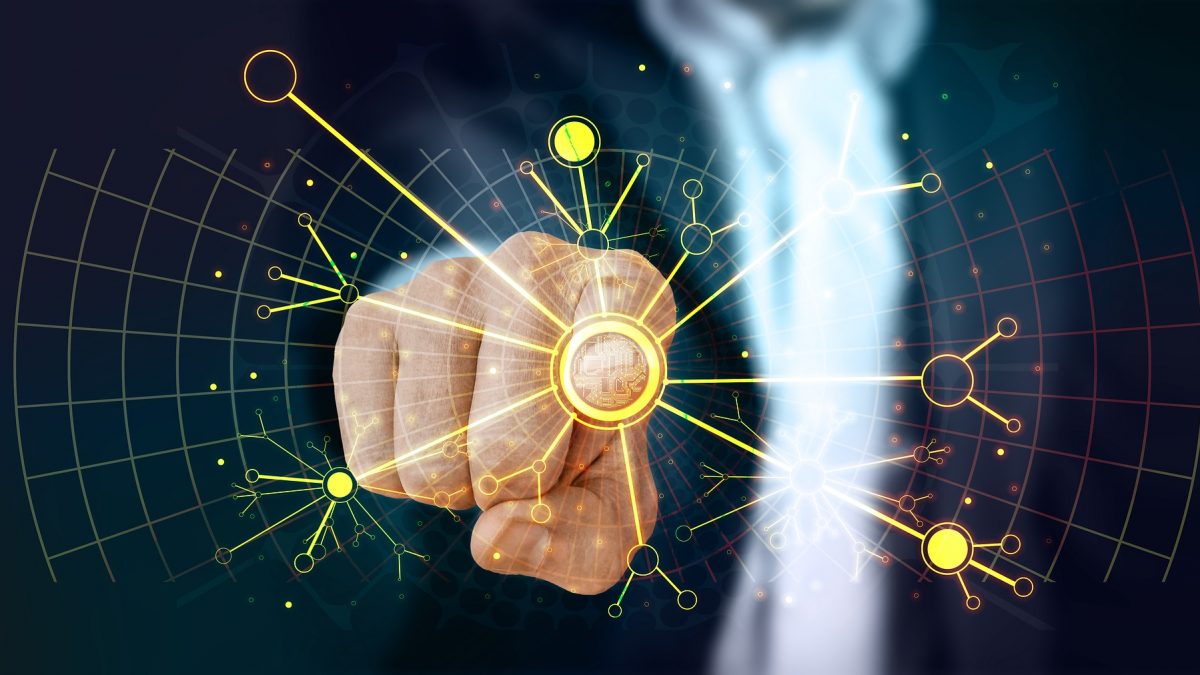
Engineers and developers are typically extremely hardworking individuals who are very passionate about what they do. They have their problem or goal and all that matters is finding the most suitable solution.
Movie directors and producers are sometimes accused of the same thing and this is not a characteristic that has been overlooked in the movies they make either.
Films such as Darren Aronofsky’s Pi (1998) and James Cameron’s Terminator 2 (1992), which introduces the character of Miles Dyson, a workaholic engineer who is obsessed with building a new type of CPU, so much so that he barely notices his family, have highlighted the battle with obsession that many AI developers often go through.
Following on from my recent article on ‘How developing artificial intelligence will help us better understand ourselves’, it seemed an important question to ask what exactly do AI movie developers do?
Artificial Intelligence in Moviemaking
AI has such a broad range of applications when it comes to the movie industry that it can almost be applied anywhere. Let’s take a quick look at the most common and well-known applications of artificial intelligence in filmmaking.
AI Actors
Over the last few years, a series of stories have hit the headlines about AI actors starring in films and the use of real people’s images to create computer-generated performances that have been labeled ‘deep fakes’.
Most recently, it was announced the world’s first ready-to-go A.I. actress, Erica, will star in the upcoming sci-fi movie ‘b’. The film has a budget of $70 million, something which highlights the high cost of the technology that powers current artificial intelligence actors.
It is likely that the cost of AI actors will decline significantly as the technology develops, something which will allow more and more productions access to AI actors.
Are AI actors a good thing? Well, it is certainly true that the rise of deep fakes is going to cause a huge amount of disinformation in the news media, for example, but within the movie business AI actresses and actors will provide a number of benefits.
Most significantly, they will allow for a huge boost in production values for genres such as Sci-Fi and action films. AI development will allow for the creation of entirely new creatures that can be used to create realistic alien worlds or battle scenes, etc.
While AI actors will eventually have the ability to replace human actors, it is unlikely that audiences will be interested in seeing that many films without human actors in them, something which will almost certainly curtail the dreaded takeover of AI in film.
Special Effects
AI development will help make special effects more realistic than ever before.
At the current time, computer animators must create effects such as explosions without much in the way of help, However, sophisticated AI programs of the future will be able to use data relating to how explosions work and apply this to data from the scene including room size and shape, wind strength, and the amount of explosive, etc., to create truly real-life looking effects.
Developments in AI effects promise to dramatically reduce the amount of time that animators have to spend on creating action effects, something which will help with the democratization of high-quality special effects that have always been too expensive for all but high budget productions.
Editing
AI editing is another area of artificial intelligence development in movies that will really help filmmakers and editors alike. It will help cut down the time needed to edit and prepare cuts of scenes, and when coupled with the insights provided by AI-assisted moviemaking, will be able to suggest multiple cut versions that include changes to make the scene more appealing to its audience.
Since the democratization of the industry that AI promises, when coupled with AI marketing, will allow for a greater number and diversity of high-quality films to be made at lower cost, industry professionals will find themselves working less hours on each individual project but on a greater number of projects overall.

AI-assisted Moviemaking
While the above AI tools will make a big impact on the movie-making process, it is AI-assisted moviemaking that is set to make the biggest impact when it comes to the application of artificial intelligence solutions in film.
It is already helping production companies to understand how much their movie idea will likely gross so that they can plan their budgets and understand how much to ask for distribution rights, etc. This exciting technology can also help with choosing the right actor, marketing, and understanding how audiences will view the movie on a scene-by-scene basis.
In the future, it is likely that AI-assisted moviemaking will help with everything from storyboarding to production shoot plans.
The Force Behind the Thrown: The AI Developer
Artificial intelligence developers are united by a passion to create systems that are able to learn and develop independently of humans. However, their goals and interests differ quite dramatically depending on what their field of AI development is.
The primary job of an AI engineer is to create and refine AI models using machine learning algorithms in order to build sophisticated neural networks from the analysis of large pools of data.
AI developers must have a comprehensive understanding of software engineering as well as algorithm and model development, as well as data science. While the basic principles of AI development are the same, the types of AI systems they create are specific to the problem that they need to solve.
For example, AI developers involved in the development of AI actors often have a background or passion in human behavior and psychology. They will need to create systems that are able to both understand and mimic human expressions, body movements, and to understand and master speech.
AI-assisted moviemaking developers need a different set of skills. The AI systems that they develop need to interpret and extrapolate insights from entirely different sets of data. For gross movie prediction, AI-assisted filmmaking systems will need to be able to cross-reference data such as historical gross earnings of past films, audience feedback, and review data, and far more complex, analyze the movies themselves to understand their ‘ingredients’.
This way they can compare them to similar films from the past and eventually begin to understand how audiences will react to each film’s unique ingredients and be able to provide the filmmakers with unique insights as to what audiences will like and dislike about each film.
It is for this reason that AI developers must be passionate and have a deep interest and background knowledge in what they are building an AI solution for. Afterall, an AI trading bot developer who has no interest in finance is unlikely to build a good AI system.
So, all AI developers involved in creating solutions for the movie business have a deep passion for film, but vary on which aspect they are most passionate about. Passion is key to what makes a truly great AI movie developer.





Stay connected